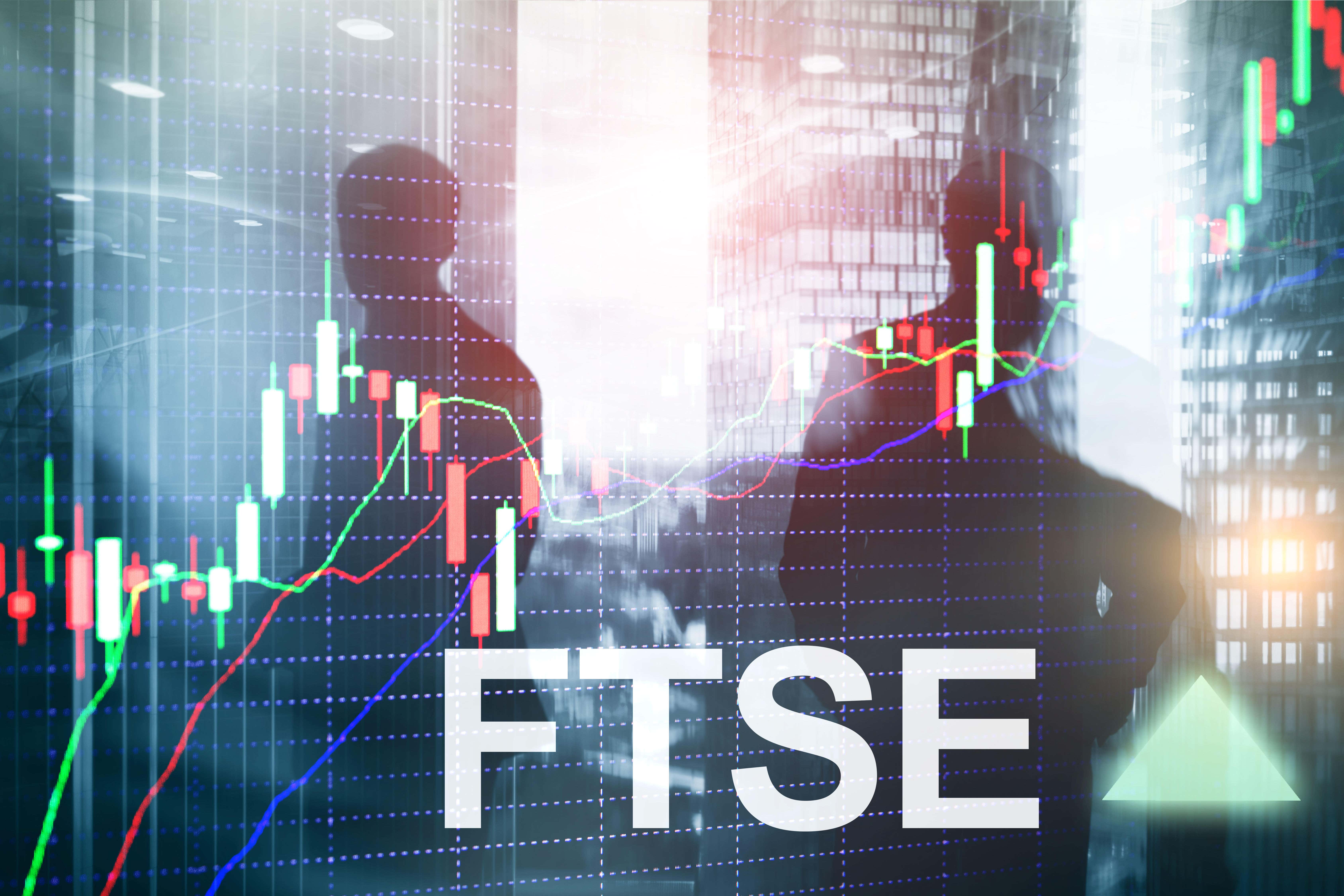UK stock markets could get a ‘closer look’ in 2025 amid investment drive
The FTSE 100 hit a number of record highs in May after getting off to a strong start to the year.

Your support helps us to tell the story
From reproductive rights to climate change to Big Tech, The Independent is on the ground when the story is developing. Whether it's investigating the financials of Elon Musk's pro-Trump PAC or producing our latest documentary, 'The A Word', which shines a light on the American women fighting for reproductive rights, we know how important it is to parse out the facts from the messaging.
At such a critical moment in US history, we need reporters on the ground. Your donation allows us to keep sending journalists to speak to both sides of the story.
The Independent is trusted by Americans across the entire political spectrum. And unlike many other quality news outlets, we choose not to lock Americans out of our reporting and analysis with paywalls. We believe quality journalism should be available to everyone, paid for by those who can afford it.
Your support makes all the difference.UK stock markets could benefit from falling interest rates, political stability, and a Government drive to boost investment in the economy this year, experts have said, after being overshadowed by the US in 2024.
Analysts predicted that the FTSE 100 could surpass 9,000 by the end of the year, which would mark a roughly 10% boost.
The blue-chip index hit a number of record highs in May after getting off to a strong start to the year, alongside news that inflation was cooling and the UK economy had rebounded out of a recession.
Gains petered off over the rest of 2024 but the index closed at 8,445, nearly 6% higher than at the end of 2023.
2025 should mark a greater focus on UK listed shares, given the Government's focus on lifting investment into UK plc – particularly through its efforts to consolidate pension plans
In contrast, the US’s top stock market index, the S&P 500, surged about 25% in 2024 thanks to a rally for technology giants such as Apple and Nvidia.
Some experts think that the momentum is likely to pick up in 2025 with investors playing closer attention to UK stocks.
A group of analysts for AJ Bell said: “Total returns from the UK stock market in 2024 handily beat cash, bonds and inflation, but the poor comparisons with the USA remain the stick with which the FTSE 100 is constantly beaten.
“Whether the Nasdaq and S&P 500 will finally run out of puff in 2025 remains a matter of debate, but value- and income-seeking contrarians could be forgiven for giving the UK a closer look, given consensus forecasts for earnings and dividend growth.”
AJ Bell said it was forecasting that the FTSE 100 would end the year at about 9,000.
Independent markets analyst Michael Hewson said there was “no reason to suppose that stock markets won’t continue the current momentum seen over the last few years”, agreeing that the FTSE 100 could “head towards 9,000”.
Sanjay Raja, chief UK economist for Deutsche Bank, said: “UK equities underperformed again this year, but the good news is that we saw 10 companies in the FTSE 100 delivering greater than 50% gains on their share price since the start of the year, with heavy hitters from the banking and finance sector (Barclays, NatWest, Standard Chartered) to Rolls-Royce seeing bumper years.”
NatWest and Rolls-Royce saw their share price roughly double over 2024.
“2025 should mark a greater focus on UK listed shares, given the Government’s focus on lifting investment into UK plc – particularly through its efforts to consolidate pension plans,” Mr Raja added.
The Government last year announced plans for pension “megafunds” which could result in around £80 billion to invest in businesses and infrastructure.
Furthermore, analysts said the onset of greater political stability could help the UK stand out from international peers in Europe, such as France which was recently thrown into political turmoil when its government collapsed following a no-confidence vote.
“The biggest challenge for UK equities could be if 2025 sees any divergence from the expected macroeconomic path of cooling inflation, modest economic growth and falling interest rates,” AJ Bell’s analysts said, although adding that European and US markets face the same “danger”.